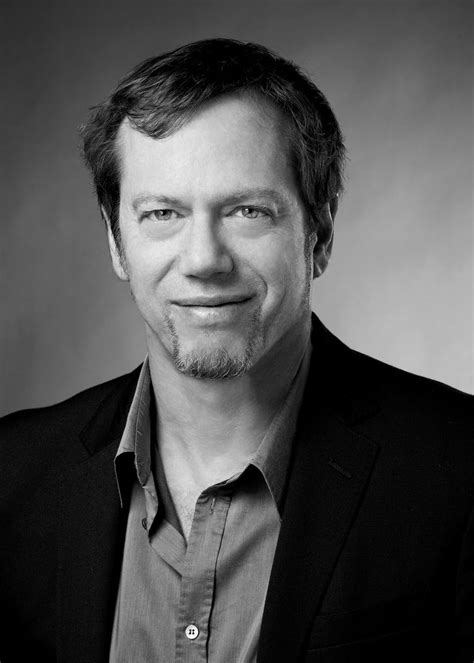A Quote by Rebecca Hall
Anyone who commits an act of violence to themselves or others is worth consideration in the sense that there must be something that brought them to that point, whether it's a mental health issue or otherwise.
Related Quotes
We must realize that violence is not confined to physical violence. Fear is violence, caste discrimination is violence, exploitation of others, however subtle, is violence, segregation is violence, thinking ill of others and condemning others are violence. In order to reduce individual acts of physical violence, we must work to eliminate violence at all levels, mental, verbal, personal, and social, including violence to animals, plants, and all other forms of life.
Mental strength is not the same as mental health. Just like someone with diabetes could still be physically strong, someone with depression can still be mentally strong. Many people with mental health issues are incredibly mentally strong. Anyone can make choices to build mental strength, regardless of whether they have a mental health issue.
I cannot believe that violence depicted onscreen actually causes people to act out violently. That's oversimplifying the issue. If somebody commits a violent act after seeing violence in a movie, I think the question that needs to be asked is: would that person still have committed the act if he had not seen a violent film?
Intellectual respectability required mental health, and it was becoming evident to me by then that "mental health" consisted of trusting everyone about everything as much as possible - and, for good measure, poking fun at anyone who didn't. Especially to be trusted were the mass media, whose owners and personnel were not to be regarded as minions of the Establishment because, as they themselves used to attest with confidence, there was no Establishment in the United States of America. Only foreigners and paranoids believed (otherwise).
Modern equalitarian societies whether democratic or authoritarian in their political forms, always base themselves on the claim that they are making life happier. Happiness thus becomes the chief political issue -- in a sense, the only political issue -- and for that reason it can never be treated as an issue at all.




































